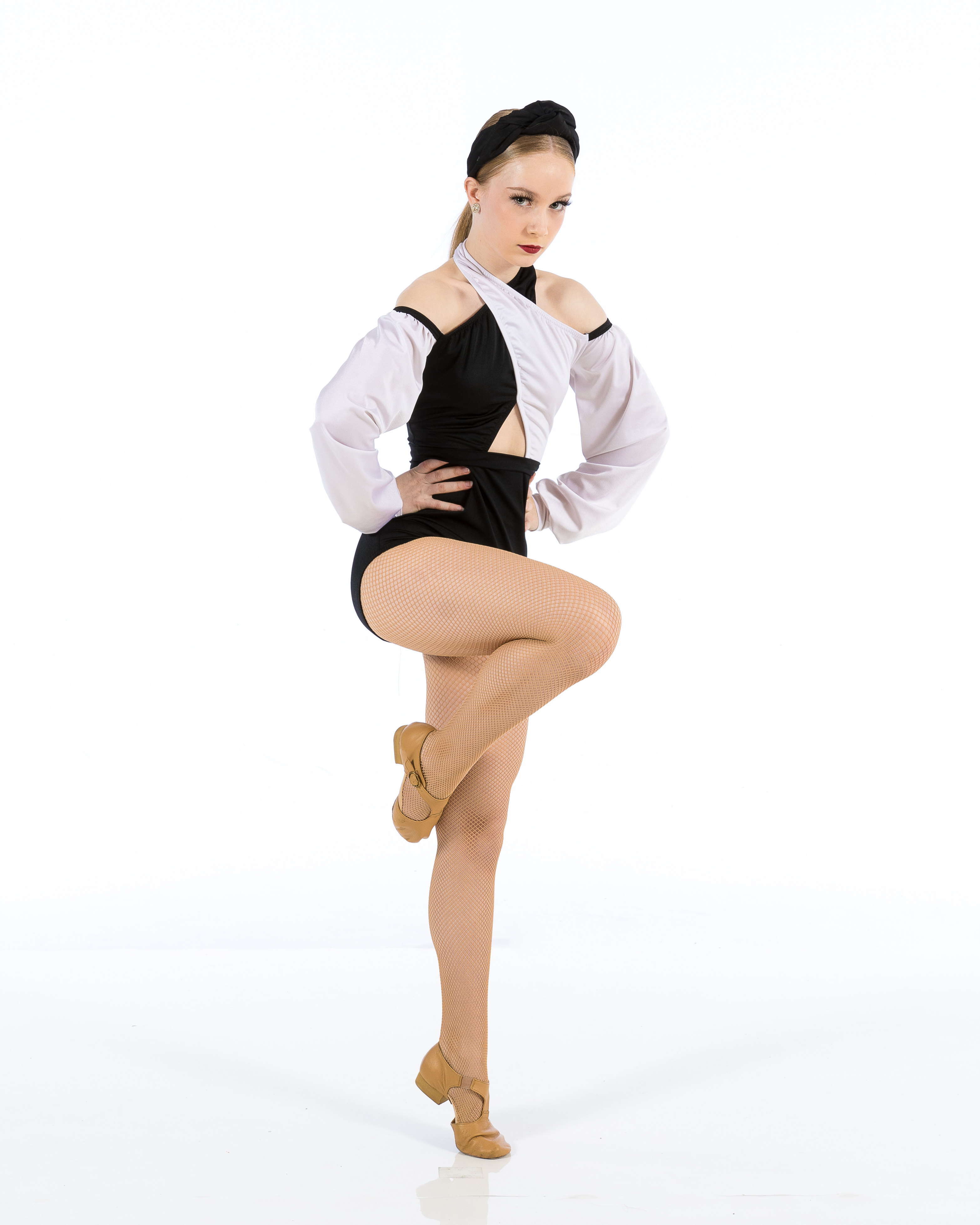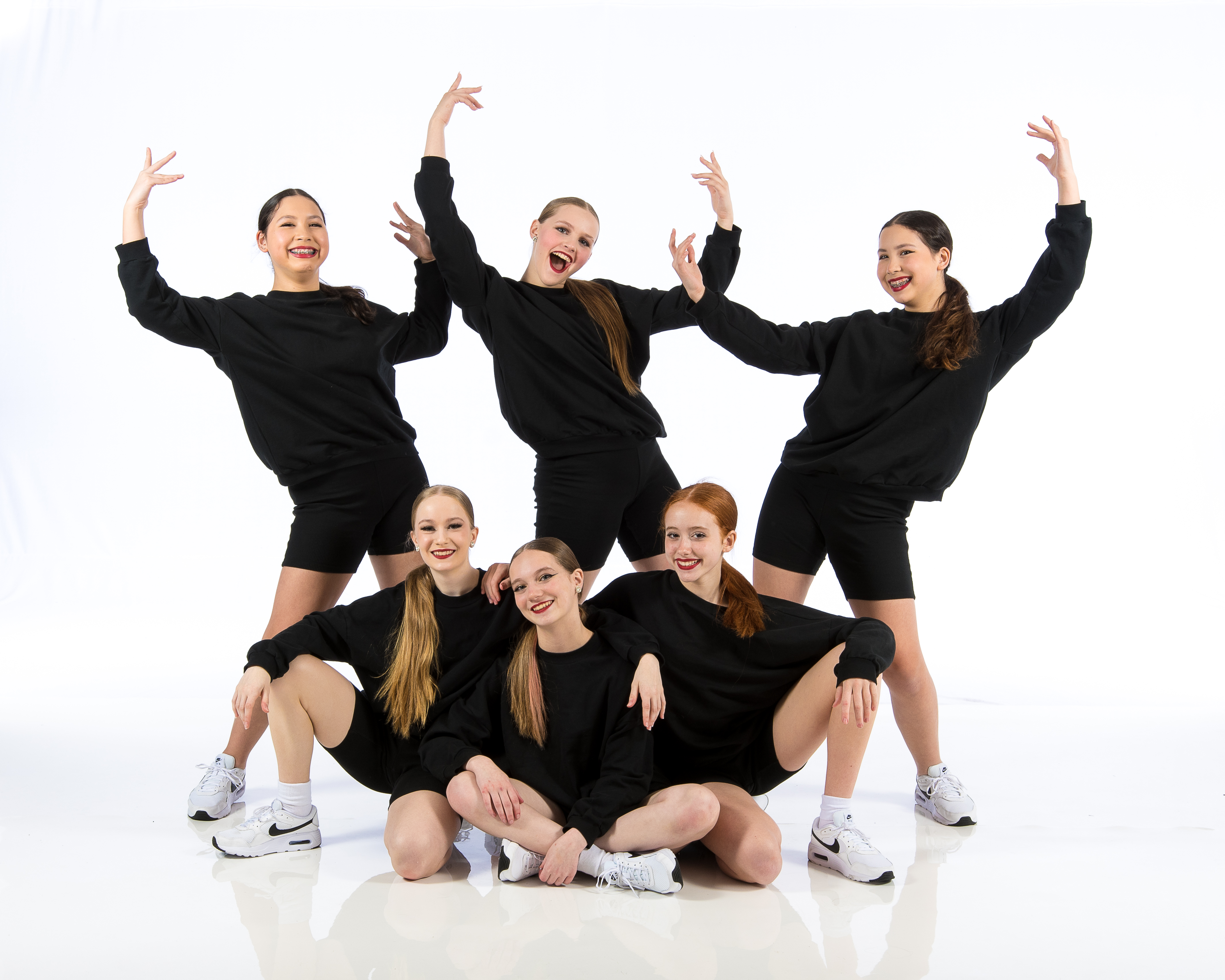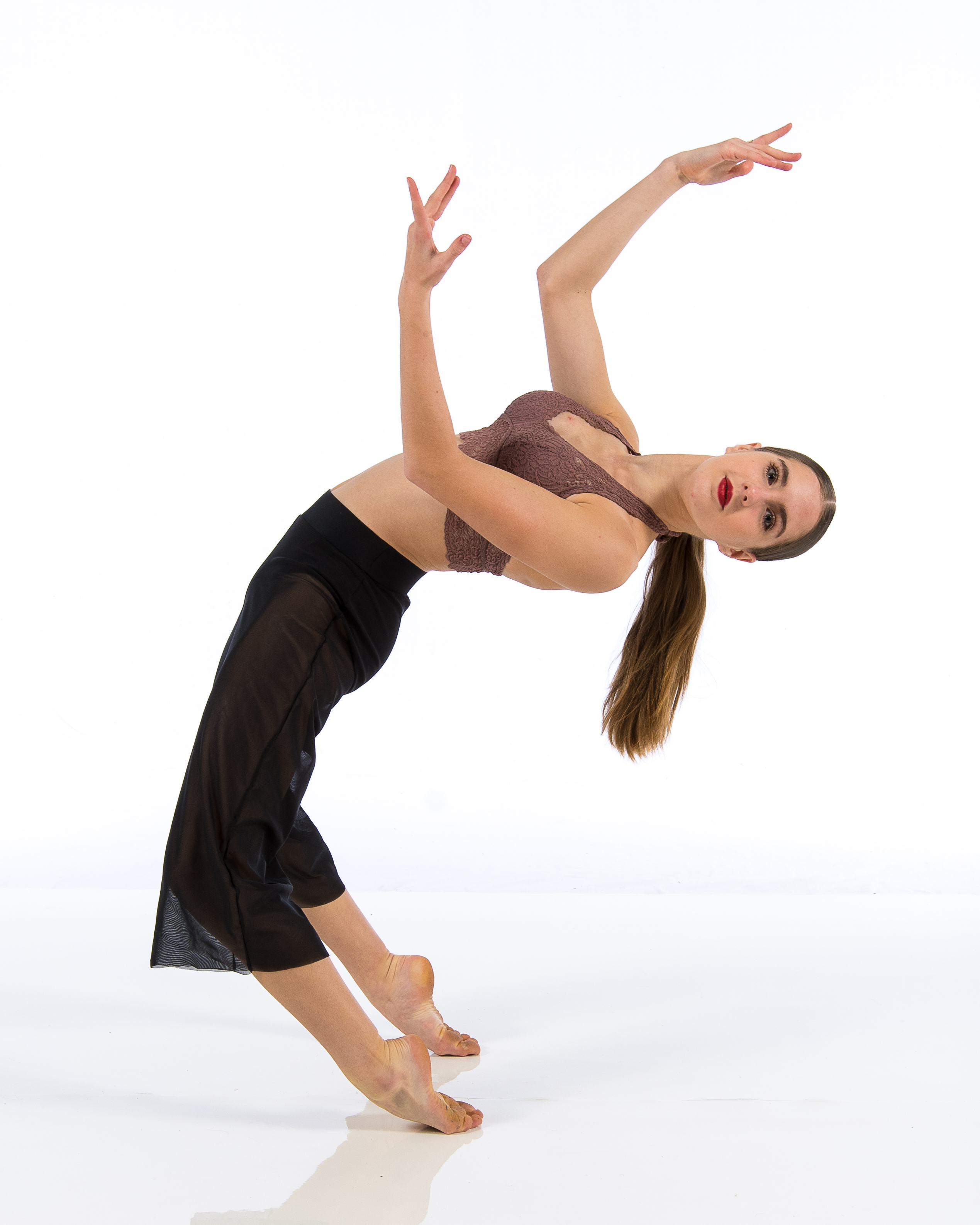Introduction
Stepping into a dance studio for the first time is an electrifying experience, one that can stir a cocktail of emotions-- excitement, anxiety, anticipation. Whether you're an experienced professional dancer or simply starting your trip, understanding the subtleties of dance studio etiquette can boost your experience and improve your connections with instructors and fellow professional dancers alike. In this comprehensive guide, we'll dive deep right into Mastering Dance Studio Rules: Essential Tips for Beginners and Pros Alike
From fundamental rules to advanced considerations, this short article will cover every little thing you require to find out about browsing the dynamic world of dance studios. So tighten those shoelaces and allow's obtain started!
The Significance of Dance Studio Etiquette
Why Decorum Matters in Dance Studios?
In any imaginative atmosphere, decorum plays a pivotal duty in keeping harmony and regard among participants. Dance workshops are no exemption. Great decorum promotes a favorable environment where creative thinking can flourish.
- Respect: Being considerate in the direction of instructors and fellow dancers constructs shared respect. Focus: Etiquette lessens diversions, permitting everyone to concentrate on learning. Community: Etiquette aids create a helpful area that encourages development and camaraderie.
Common Mistaken beliefs About Dance Studio Etiquette
Many newbies hold misconceptions about what constitutes appropriate actions in dance workshops. Let's disprove some myths:
- Myth 1: "Just sophisticated professional dancers require to comply with etiquette." Fact: Decorum is necessary for all degrees; it shows professionalism. Myth 2: "Instructors are also stringent concerning guidelines." Fact: Teachers implement policies to keep order and respect.
Basic Dance Studio Rules for Beginners
Dress Code: What to Wear?
First perceptions matter! The right clothes not just reflects your commitment but additionally boosts your efficiency. Below's how to dress appropriately:
- Comfort: Select clothing that allow free movement. Footwear: Buy good-quality footwear matched to your dancing style.
|Dance Style|Advised Outfit|| -------------|-------------------------|| Ballet|Leotard, leggings, ballet sandals|| Hip-Hop|Loose-fitting clothes, tennis shoes|| Faucet|Comfortable garments, tap shoes|

Arriving in a timely manner: Punctuality is Key!
Being late can interrupt the whole course. Purpose to reach the very least 10 minutes early to:
- Warm up. Settle in mentally.
Tip: If you're running late as a result of unpredicted conditions, notify the teacher beforehand.
Quiet Zone: Keeping Silence Prior To Class
Dance workshops thrive on emphasis. Keep Dance Classes conversations to a minimum prior to class begins to make sure everyone can prepare mentally.
Intermediate Dance Studio Rules: Structure Relationships
Respecting Personal Room in Class
Every professional dancer deserves their space during practice sessions. Stay clear of crowding others while practicing actions or routines.
Why It Matters: Appreciating individual area advertises convenience and promotes far better learning experiences.
Listening Actively During Instructions
When a trainer is talking, it's essential to take note. Energetic paying attention shows regard and assists you realize essential concepts.
How To Show Active Listening:

Advanced Dance Studio Rules: Raising Your Experience
Providing Positive Comments Wisely
As you grow extra experienced, sharing feedback becomes part of the culture. Nonetheless, strategy this naturally:
Focus on specific motions instead of general critique. Offer pointers just if solicited by peers.Encouraging Others: Structure Neighborhood Spirit
Support your fellow dancers through motivation:
- Compliment their initiatives genuinely. Celebrate their accomplishments openly.
Mastering Dance Studio Rules: Important Tips for Beginners and Pros Alike-- The Instructors' Perspective
Understanding Instructor Expectations
Instructors generally have particular assumptions concerning habits in class. Acquainting yourself with these can substantially enhance your understanding experience:
Listen attentively when they speak. Follow guidelines precisely. Give your best effort during every session.Building Rapport with Your Instructor
Establishing a good relationship with instructors can be useful for your growth as a dancer:
- Ask concerns related to choreography or strategy after class. Thank them for their guidance post-class; appreciation goes a long way!
Handling Problem Beautifully in the Dance Studio Environment
Dealing with Disagreements Among Peers
Conflicts might occur within any type of group setup; knowing just how to handle them gracefully is important:
Approach the person privately without escalating tension. Use "I" statements rather than "you" declarations (e.g., "I felt neglected when ...").Addressing Problems with Teachers Professionally
If you have concerns pertaining to instruction or classroom dynamics:
Request an exclusive meeting after course hours. Express your feelings constructively focusing on solutions instead of complaints.The Role of Non-Verbal Interaction in Dancing Studios
Understanding Body Language Signals
Dance inherently includes non-verbal interaction; understanding how body language functions in this context is vital:
Positive body movement (e.g., open pose) promotes connection. Negative signals (gone across arms) could share defensiveness or disengagement.Using Eye Contact Effectively During Classes
Maintaining eye contact with instructors communicates listening while likewise aiding construct relationship amongst peers during team performances!
FAQs
Q1: What need to I use for my first dance class?
A1: Select comfy apparel that allows totally free motion-- yoga exercise pants or leggings coupled with an equipped top jobs well!
Q2: Is it fine to miss out on classes occasionally?
A2: Life happens! Inform your teacher in advance when possible; they'll value your consideration.
Q3: How do I manage feeling reluctant around various other dancers?
A3: Begin small-- introduce on your own individually prior to increasing communications slowly as experience grows!
Q4: Can I bring buddies along to observe classes?
A4: Many workshops favor prior plans; talk to monitoring first so they're aware of extra attendees!
Q5: What happens if I differ with an instructor's feedback?
A5: Approach them pleasantly post-class; share sensations utilizing "I" declarations concentrating on positive dialogue as opposed to confrontation!
Q6: Ought to I join performances even if I'm new?

Conclusion
Mastering dance studio decorum isn't just about complying with policies; it has to do with cultivating an improving setting where everybody really feels valued and motivated-- whether you're just starting or fine-tuning innovative methods as a skilled pro! By sticking very closely to these crucial suggestions described here under Mastering Dance Studio Rules: Important Tips for Beginners and Pros Alike, not just will you improve your own experience but additionally add positively in the direction of nurturing an inviting neighborhood within each dance studio you elegance with your visibility! So take these understandings forward right into every workshop room you get in-- and let the rhythm lug you toward excellence!